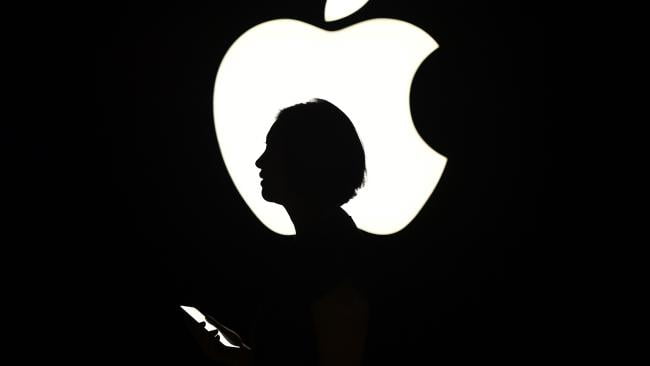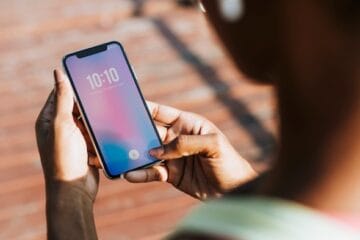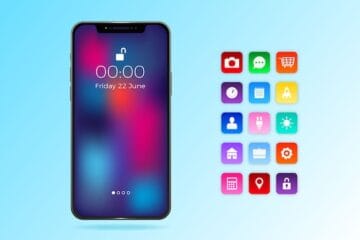TEN years ago Steve Jobs unveiled the iPhone saying “every once in a while a revolutionary product comes along that changes everything”.
History has proven he was underselling it.
Monday marks the iPhone’s 10th anniversary and in that time, the Apple has sold over one billion units.
Tim Cook who took over Apple after Jobs’s death called the iPhone “one of the most important, world-changing and successful products in history”.
A recent study by Strategy Analytics of global smartphone profits reveals the success of the iPhone.

Global smartphone profits reached $12.3 billion in the third quarter of last year, and the iPhone captured 91 per cent of that.
The iPhone was not the first smartphone.
It just paved the way for everything to follow.
When Jobs unveiled the iPhone on a San Francisco stage in 2007, the prototype smartphone was so buggy he needed several on stage so he could seamlessly grab another before his tech demos crashed in front of the world.
The first iPhone had no App Store and its tiny 2 megapixel camera was not a threat to “proper” cameras.
Today the iPhone is the world’s most popular camera, and app developers have made more than $80 billion through the App Store.
New Year’s Day this year was the biggest day since the App Store launched in 2008, with customers spending $326 million in one day.
Tech analyst Jan Dawson, founder of research firm Jackdaw Research, said to judge the impact of the iPhone you needed to look at both the direct and direct effects.

“There are hundreds of millions of people using iPhones around the world, and the direct benefits in their lives are significant — they have powerful personal computers in their pocket that give them access to all of the world’s information and allow them to connect with friends and family, and much more besides,” he said.
“But the iPhone also created today’s smartphone market, in that it blazed a trail many others have followed, and so to some extent everyone with a smartphone in the world today is benefiting from innovations that began with the iPhone, or were sparked by competing with it.”
“It’s generated billions of dollars and millions of jobs both at Apple and elsewhere.
“Companies like Uber and Twitter arguably wouldn’t be nearly what they are today if it weren’t for the iPhone.”
Futurist Chris Riddell said Apple’s innovation is “quite remarkable”.
“They focused on simplicity and creating an incredible user experience. They took everything we’d already seen from the likes of BlackBerry, and the old days of Nokia, and perfected it,” he said.
“The next era that Apple will take us into will be literally mind blowing. Expect to see our devices think for us, and anticipate what we need before we even need it. Instead of ‘touching’ our devices to text, email or summon an uber, expect to be able to do all of this with the power of your voice.”

Apple is widely expected to mark the 10th anniversary of the iPhone with a major redesign for the iPhone to be released in September that drops the home button with a fully glass body that has an edge-to-edge display.
Five ways the iPhone changed the world
•The iPhone is the world’s most popular camera. Photograph sharing site Flickr says a study of the cameras used by its 122 million members shows that various models of the iPhone are eight of the top 10 most popular cameras in the world.
•Since the App Store was launched in 2008, app developers have earned more than $80 billion.
•Before the iPhone, the best smartphones had tiny keyboards. The iPhone ditched the keyboard and popularised multitouch with gestures like “pinch to zoom”. Jobs unveiled the iPhone with the promise it would use “the best pointing device in the world” — the finger.
•The iPhone was a key step in having an easy to use web browser, and later social media apps, in your pocket. Now you can always check a fact, read the news or boast about the fact you’re doing either no matter where you are.
•One of the offshoots of the App Store has been the rise of mobile gaming beyond dedicated portable gaming units or basic games like Nokia’s Snake. App Annie analysts predict by 2020 games will be generating $260 billion in sales and advertising. If you’ve ever played Candy Crush, Pokemon Go, Angry Birds or Crossy Road, you have contributed to that.
[Source:-Daily telegraph]




